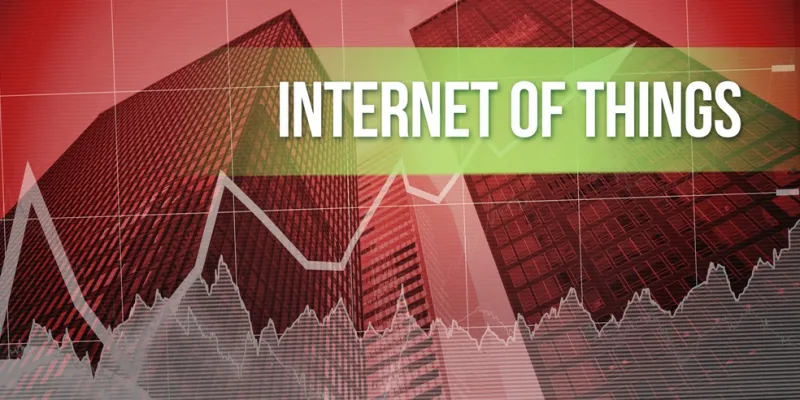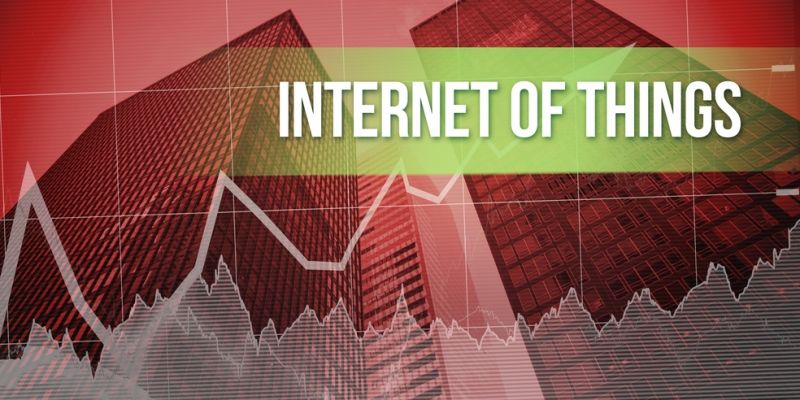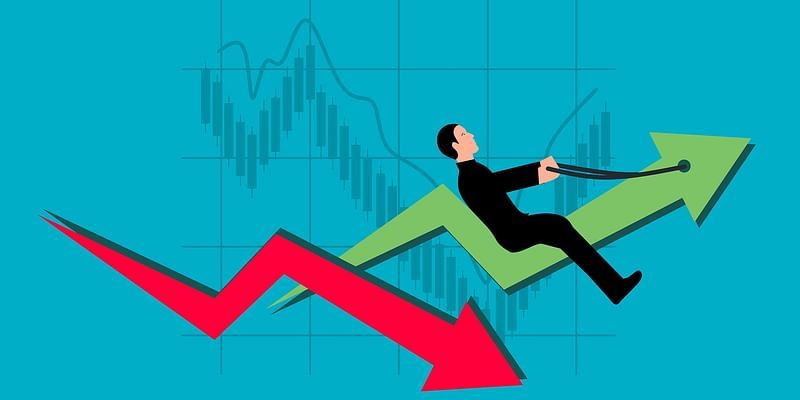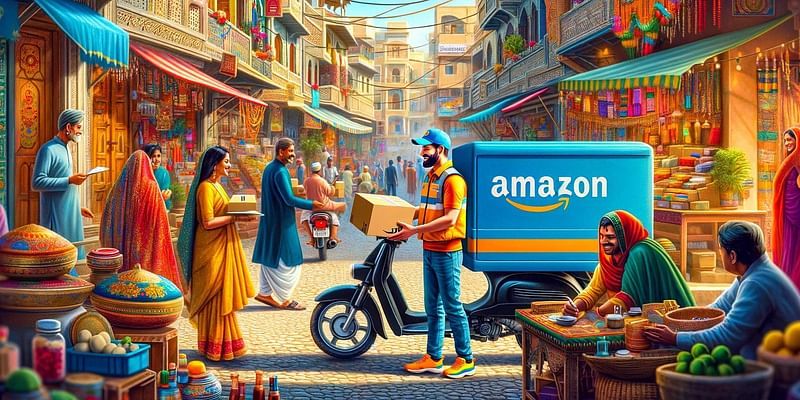Top sectors that IoT is revolutionalising in India
It is eight O’clock in the morning. There is an old man walking on the road with the help of a walking stick. It isn’t a regular stick that just helps him, but it works as a device that tells his family if he takes a wrong turn or is hurt in some way. A working professional gets a message on his phone asking him if he wants to switch off the geyser he left on.
Internet of Things (IoT) is slowly transforming the way we operate and function in our day-to-day lives. From healthcare to smart homes to now smart cities, there are different sectors that are being touched by the IoT and Make in India wave.
It is estimated that there will be 80 billion connected devices by 2020. The past few years has seen a growing buzz in the space. Cisco’s venture capital arm, Cisco Investments, is reportedly increasing its investment in IoT startups to the tune of $150 million globally from 2014 onwards; it projects that the IoE industry can be a $14.4 trillion market by 2022.
Cisco has already invested in IoT accelerators and startups such as Alchemist Accelerator, Ayla Networks, and EVRYTHNG. Major themes this year are IoT, smart cities, ubiquitous broadband, and enterprise mobility.
Ashoka University, DLabs at the Indian School of Business, and Microsoft Ventures have joined hands to create the AIM Smart City accelerator programme. This will not only provide startups with funding and technological assistance, but also crucial skills as well as direct access to investors and, most importantly, to customers.
Looking at the growing interest and growth in the IoT space, YourStory decided to look at the top sectors that IoT is or can revolutionalise in India.

Healthcare
From fitness to preventive healthcare to checking medical conditions, IoT wearables are soon becoming a rage. Products like wearable watches, walking sticks, and bands are not only calculating calories and number of steps, but work as ECG monitoring devices, blood count tests, and even SOS devices like in the case of CloseConnexions and SenseGiz.
A report by Transparency Market Research predicts that the global wearable technology will reach $5.8 billion in 2018, up from a valuation of $750 million in 2012. This means a CAGR of 40.8 per cent from 2012 to 2018.
There are even products like LeChal Shoes that work as navigational access, fitness, and accessibility. Ritesh Malik, angel investor in FinRobotics, Cardea Labs, believes that the wearable sector is bound to boom. He says that we are likely to see more interesting devices in the near future. He adds,
As an investor, I know that these startups are a good investment also because large companies like Google and Facebook are constantly looking for unique players. And any exit from these biggies means a great ROI for investors.
Housing
Smart homes and home automations is one of the next sectors that IoT is looking to disrupt and revolutionalise. From energy saving data to managing timings of the water pump and geysers, companies like Green Circuits, Switch, and SATUL are working on energy saving and smart homes.
However, many in the investment community believe that there can be more uses to IoT than just connectivity. "There are limited options, especially in terms of scalability. You work with one construction or housing project and possibly connect all their buildings and homes, but what about the next steps", says Brij Bhasin, Rebright Partners.
Safety and security
Losing your keys or your mobile phone, this possibly is one problem, every individual has faced at some point or the other in their lives. IoT is now making it simpler for people to locate and trace their lost goods. Find a product by SenseGiz helps you track and locate misplaced objects.
Transport and automobiles
This possibly is one of the biggest dreams especially in India. Imagine a scenario where all the vehicles in a country, or even a continent, are inter-connected through a system that can manage traffic, predict and tackle congestion, sense a serious problem and alert authorities and response teams in case of accidents.
The eCall system – which does all of the above – is already operational across the European Union and is mandatory for all cars and light vehicles. Carmaker GM has OnStar, which provides wireless communications for in-vehicle security, turn-by-turn navigation, and remote diagnostics systems in its vehicles.
Connected Transport systems are slowly taking root; potential-wise, systems like eCall or OnStar have barely scratched the surface. Autonebula, India’s first business incubator-accelerator, with a focus on connected transport aims to transform this.
Ather Energy, which launched its first electric scooter at Surge 2016, aims to bring predictive maintenance and analysis to the automobile industry.
Ather-S340 is a connected vehicle powered by a lithium-ion battery pack, and features a digital touchscreen dashboard, a light-weight aluminium chassis, and can reach speeds of 72 kmph. The smart dashboard in the vehicle will enable users to create personalised profiles, choose riding modes and set other ride preferences.
“There’s also a growing need for predictive analysis in vehicle maintenance. In most cases, vehicular maintenance takes place after something goes wrong. With our predictive maintenance vehicle, owners can figure out when the scooter needs a service or maintenance check,” said Tarun Mehta, Founder, Ather Energy.
Energy conservation and Agriculture
This possibly is one of the biggest boons of IoT. Companies like Zenatix are working towards energy efficiently and electricity management in large industries, using IoT and big data. There also is a SmartAgri, a handheld device built by Dr. Vijayaragavan Vishwanathan, a CERN scientist, which can measure the moisture content of the soil, minerals, pH levels, and other such factors.
The device can be e placed below the soil to measure the data, and send the information to a farmer’s cell phone via the cloud. The farmer would be able to see the results instantaneously, which are colour coded – green for good and red for not so good.
Mapping the future
Apart from the above sectors, there also is a path to build IoT devices that are unique to the Indian environment and factor in extreme temperatures, dust, humidity, erratic power supply, and spotty telecom service. Some startups in this space were founded 7 to 10 years ago during the M2M era, with RFID tags as popular applications. ConnectM was founded in Bengaluru in 2007, with funding from Sasken and IDG Ventures.
According to Machina Research data cited at the TiE panel, the global market for IoT in 2020 will be worth $373 billion in revenue, with $194 billion from hardware and $179 billion from software. India will account for $10–12 billion of this total revenue.











